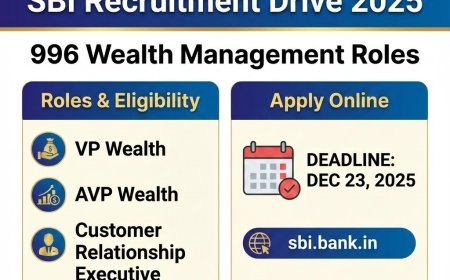SEBI - Investor Certification Examination
SEBI - Investor Certification Examination
Q 46. Which of the following is necessary to get a debit card?
Having a credit history.
Paying a fee to the bank.
Being employed.
Having a good relationship with the bank.
Q 47. What should you do immediately after receiving your ATM card from the bank?
Memorize your PIN number.
Write down your PIN number.
Share your PIN number with a trusted friend.
Use your PIN number for online transactions.
Q 48. Where is it safest to use an ATM?
In a crowded area.
In a dark alley.
Within a bank premises or a manned 24*7 location.
In an unsecured location.
Q 49. What precaution should you take while using online transactions with your ATM card?
Use public Wi-Fi networks.
Use a shared computer.
Share your card details via email.
Share your PIN with the website.
Q 50. Why should you register for SMS alerts on your bank transactions?
To receive spam messages.
To increase your phone bill.
To help the bank track your spending.
To receive discounts from the bank.
Q 51. What should you do if your ATM card is lost?
Wait for it to turn up.
Inform the bank immediately.
Continue using it until you find it.
Do nothing, the bank will take care of it.
Q 52. How often should you change your PIN number?
Once a year.
Once every six months.
Only when you remember.
Never.
Q 53. What should you not do with your ATM card?
Share it with anyone.
Keep it in your wallet.
Use it for online transactions.
Use it at unsecured ATMs.
Q 54. What is the primary function of a credit card?
To withdraw money from ATMs.
To save money.
To make purchases using borrowed funds.
To deposit money into a bank account.
Q 55. How are credit cards different from debit cards regarding interest?
Credit cards have no interest, while debit cards do.
Debit cards have higher interest rates than credit cards.
Credit cards charge interest on withdrawals, while debit cards don't.
Both credit and debit cards have the same interest rates.
Q 56. What is required to use a debit card?
Good credit history.
Being employed.
Having a savings or current account with the issuing bank.
Having a credit limit.
Q 57. Which action is advisable when using an ATM card?
Writing down your PIN number.
Using it in an unguarded area.
Allowing someone else to use it.
Keeping it with your ID card.
Q 58. What is the consequence of not changing your ATM PIN regularly?
Higher interest rates.
Increased chances of losing the card.
Decreased transaction limits.
Freebies from the bank.
Q 59. What does the Reserve Bank of India (RBI) specify regarding a customer's liability for unauthorized banking transactions?
The customer is always liable for any unauthorized transaction.
The customer is only liable if the bank is not at fault.
The customer has no liability if the bank is at fault or if the transaction is due to system issues.
The customer is liable only if the transaction involves a large amount.
Q 60. When should a customer notify the bank about an unauthorized transaction to avoid liability?
Within one week of receiving an alert from the bank.
Within one month of receiving an alert from the bank.
Within three days of receiving an alert from the bank.
Within one year of receiving an alert from the bank.




